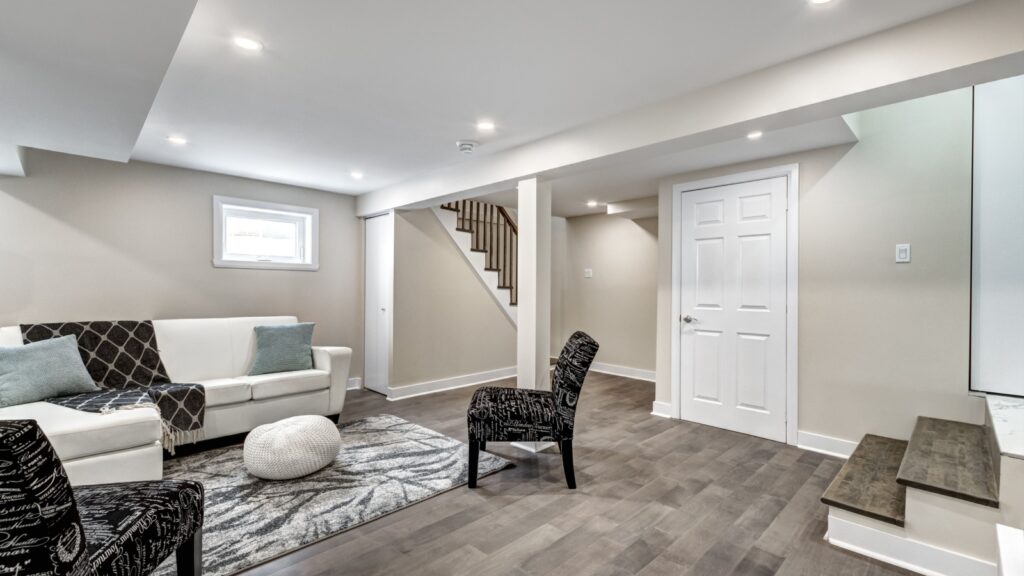Home insurance is often treated as a “set and forget” policy, but recent quiet changes in policy conditions and insurer practices could put many homeowners at risk of sudden cancellation. While most assume that premiums and deductibles are the only variables to watch, insurers are increasingly enforcing fine-print rules that can void coverage or result in non-renewal. Here are 16 reasons your insurance could vanish unexpectedly.
Unreported Renovations

Major upgrades, like finishing a basement, adding a rental suite, or updating plumbing, must be disclosed to your insurer. If not, they may argue your home’s risk profile has changed without notice. This can trigger cancellation or denial of future claims. Insurers consider renovations significant because they alter replacement cost, occupancy, or even fire safety standards. Homeowners who assume “upgrades lower risk” are often surprised when coverage disappears for failing to report. Even small updates, like adding a wood stove, fall under disclosure rules. Transparency is critical, or you risk being left uninsured when you need protection most.
Extended Vacancies
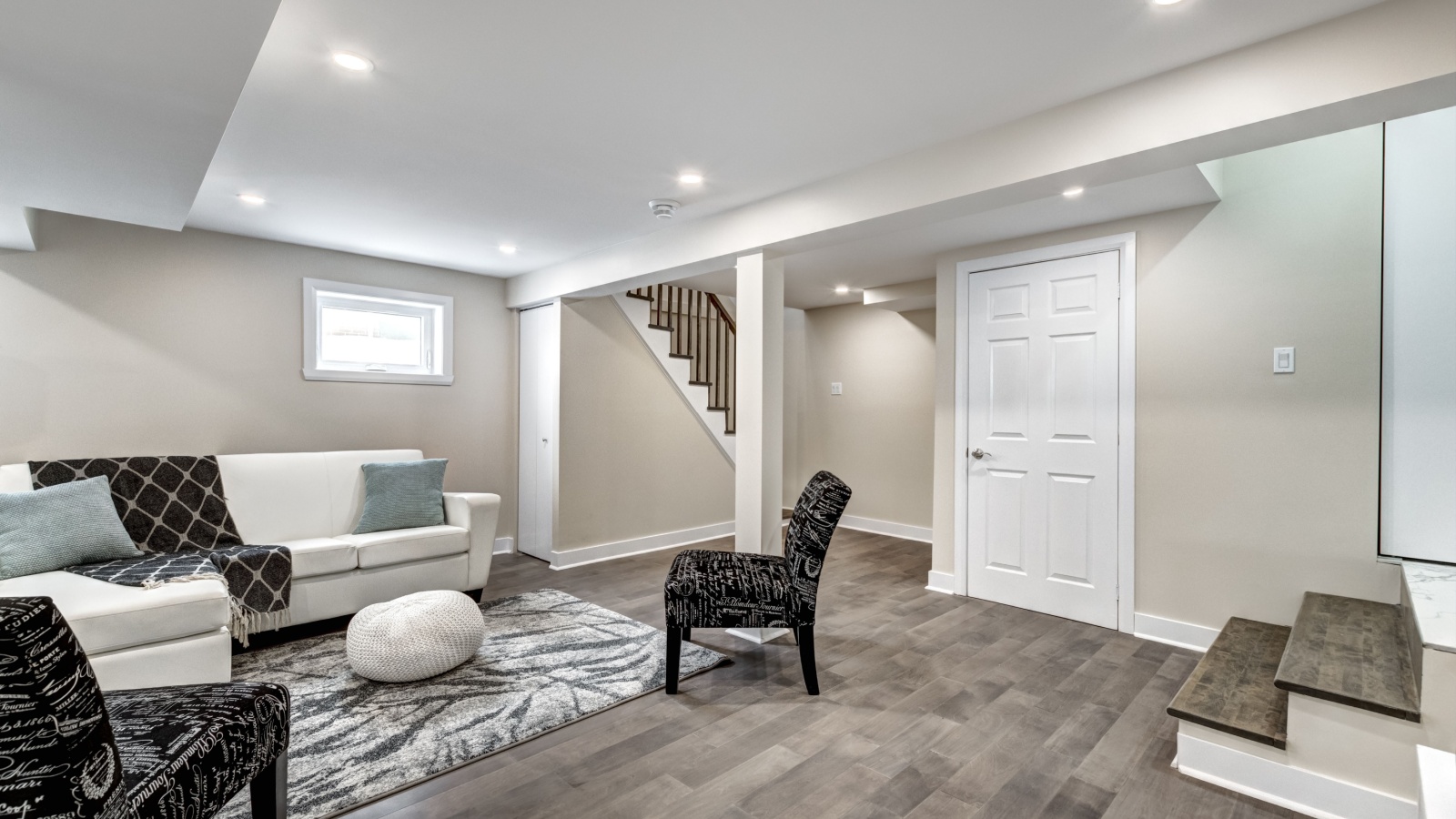
Many policies quietly stipulate that if your home is vacant for more than 30 or 60 consecutive days, coverage may be suspended or cancelled. Insurers see empty homes as higher risks for break-ins, undetected water leaks, or fire hazards. Owners leaving for work abroad, lengthy vacations, or medical care are often caught off guard. Unless arrangements like vacancy permits or caretaker check-ins are made, your policy could be terminated. This rule disproportionately impacts snowbirds, military families, and retirees who spend months away. Ignoring vacancy clauses is one of the fastest ways to lose coverage entirely.
Failure to Maintain Heating Systems

During Canadian winters, insurers require heating systems to function reliably to prevent frozen pipes. If an inspection reveals neglected maintenance or malfunctioning equipment, your insurance may be cancelled. Even a brief lapse, such as leaving a furnace unfixed during a cold spell, is considered negligence. Some insurers also demand proof of annual servicing. Since water damage from burst pipes is among the most expensive claims, companies are strict about this rule. Homeowners who assume “coverage is automatic” may discover their policy voided if heating responsibilities are not taken seriously. Preventative upkeep is mandatory, not optional.
Undisclosed Home-Based Businesses

Running a business from home without informing your insurer is another reason for sudden cancellation. Whether it’s a daycare, salon, Airbnb rental, or e-commerce warehouse, insurers view these as additional liabilities. Customers, inventory, and equipment increase risks far beyond ordinary residential use. If discovered after a claim, insurers can deny payment and cancel coverage. Some carriers offer add-ons for small businesses, but silence is treated as misrepresentation. Even side hustles or part-time activities are relevant. For homeowners, disclosing every commercial use upfront is the only way to avoid an unexpected notice of termination.
Excessive Claims History

Filing multiple claims within a short period can label you “high risk,” leading to non-renewal or outright cancellation. Even legitimate claims, such as repeated water leaks, thefts, or storm damage, raise red flags. Insurers track frequency, not just severity. Two or three small claims may weigh more heavily than one catastrophic loss. Once dropped, finding alternative coverage can be expensive, as other providers share data across national databases. Homeowners often underestimate how even minor repeated claims can jeopardize long-term insurability. Sometimes, absorbing smaller repair costs personally is safer than relying on insurance.
Failure to Pay Premiums on Time

Missing payments, even unintentionally, can lead to immediate cancellation. Many homeowners assume insurers provide long grace periods, but in reality, companies may cancel after a single missed installment. Returned payments due to banking errors or insufficient funds are treated just as harshly. Once cancelled for non-payment, reinstatement is not guaranteed, and future applications may carry surcharges. Automatic withdrawals reduce this risk, but don’t eliminate it entirely if account balances are low. Insurers prioritize consistent, timely payments as a sign of reliability; failure here often ends a policy faster than almost any other factor.
High-Risk Animals on Property

Owning certain dog breeds or exotic pets can cause policy cancellation if undisclosed. Insurers consider animals like pit bulls, Rottweilers, or large reptiles to be higher liability risks. Even if your pet is well-behaved, insurers rely on actuarial data showing increased claims for bites or injuries. If a visitor is harmed and the pet wasn’t declared, coverage could be voided. Many homeowners learn this rule only after filing a liability claim. Full disclosure of pets is essential, and in some cases, additional liability riders are required. Concealing an animal is seen as a breach of trust.
Poor Property Maintenance
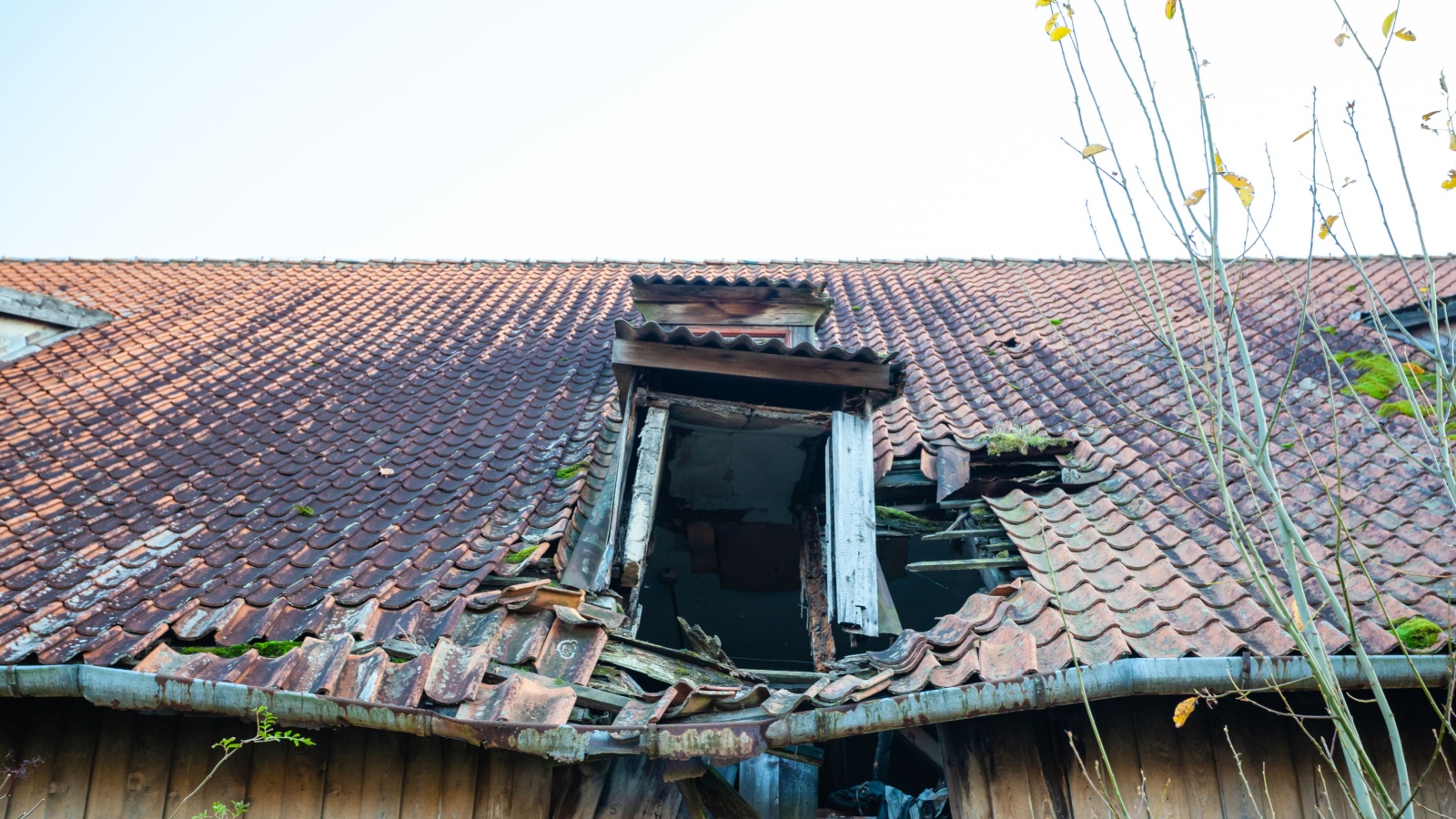
Failure to maintain a property adequately can trigger cancellation. Issues such as sagging roofs, broken fences, peeling paint, or faulty wiring indicate a higher risk of loss. Insurers may conduct exterior inspections without notice, and poor results can prompt warnings or termination. The logic is simple: neglected homes are more likely to suffer fire, water, or liability claims. Owners who delay repairs or ignore inspection notices often face non-renewal. Maintaining curb appeal directly influences insurability. Insurance companies expect homeowners to keep properties in reasonably safe, functional condition to qualify for coverage.
Unauthorized Tenants or Subletting

Allowing tenants or subletting without notifying your insurer can result in cancellation. Renting out rooms, basements, or entire homes, even casually through platforms like Airbnb, alters the risk profile significantly. Tenants may not maintain safety standards, increasing fire or damage risks. Short-term rentals raise liability concerns, especially if multiple strangers occupy the property. If insurers discover undisclosed rental activity, they often void the policy outright. Homeowners need special landlord or short-term rental coverage for such situations. Assuming regular homeowner’s insurance will quietly cover tenants is a costly misconception. Transparency about occupancy is non-negotiable.
Undisclosed Hazardous Materials
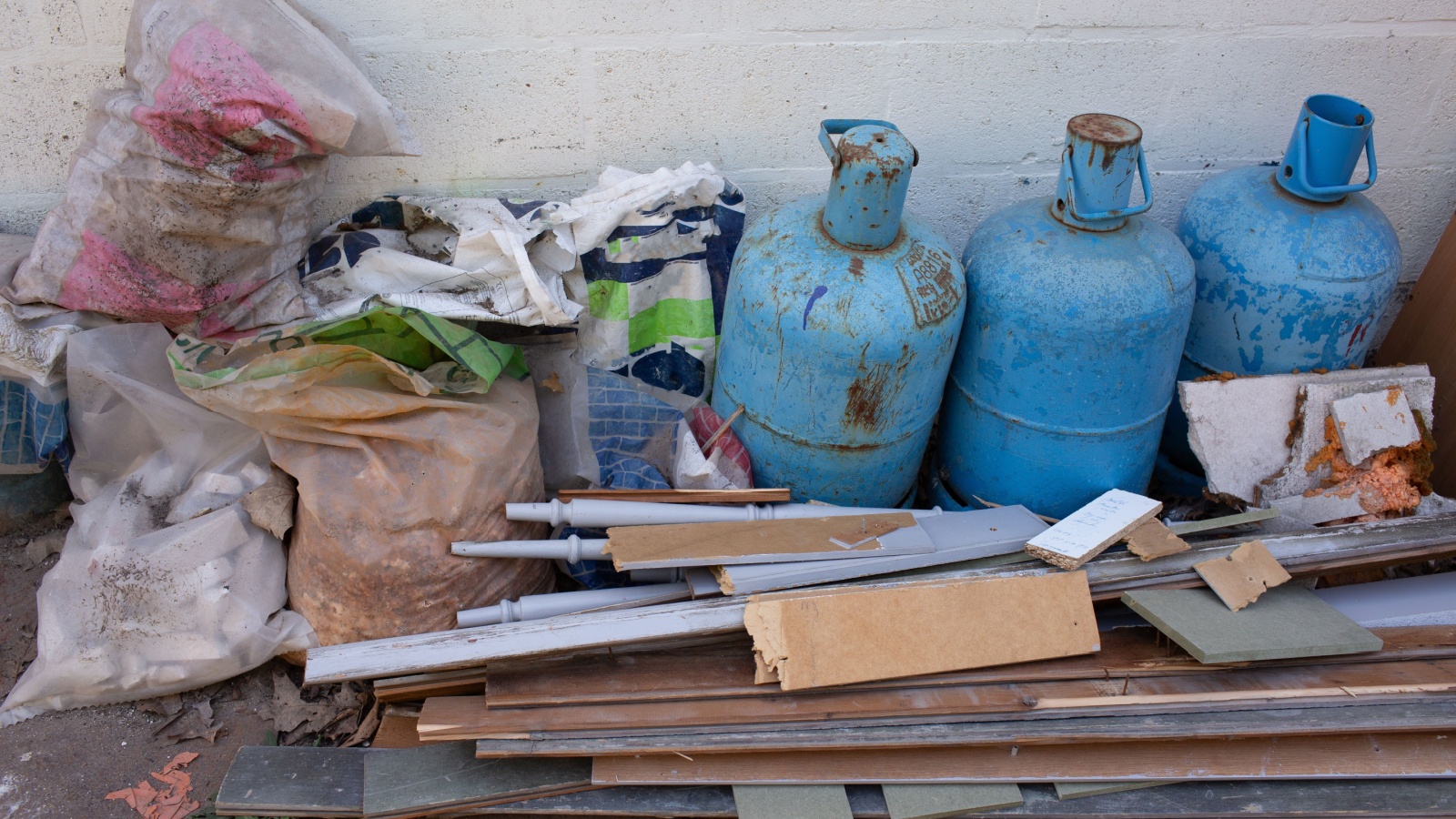
Storing flammable or hazardous materials at home, such as propane tanks, chemicals, or large fuel supplies, can lead to cancellation. Insurers classify these as fire or explosion hazards, especially in residential areas. While most households store small amounts safely, larger quantities must be declared. Hobbyists working with fuels, solvents, or welding equipment are especially vulnerable to this rule. If discovered during an inspection or after a claim, insurers may terminate coverage. Homeowners often underestimate how everyday activities, like home renovations or recreational vehicle storage, can fall into this category.
Fraudulent or Inaccurate Applications

Providing false information during your application, even unintentionally, can void a policy. Insurers require accurate details about square footage, roof age, heating systems, and more. Omitting or misrepresenting facts is considered fraud. If discrepancies are uncovered, cancellation is immediate. This includes underreporting property value to lower premiums or failing to mention previous claims. Insurers verify information against national databases, municipal records, and inspection reports. Even small inaccuracies create grounds for termination. The quiet rule here is unforgiving: honesty must be absolute, or your coverage can disappear without warning.
Change of Use Without Notification

Shifting a property’s use from residential to something else, such as converting it into a multi-unit dwelling or commercial space, can cancel coverage. Insurers underwrite based on the declared use at the time the policy is issued. If the property evolves into something riskier without disclosure, the contract becomes invalid. This applies even to partial conversions, like turning a garage into a studio or renting out backyard structures. The moment a property no longer matches its declared purpose, insurers reserve the right to cancel. Many homeowners miss this rule until a claim is denied.
Outdated Electrical or Plumbing Systems
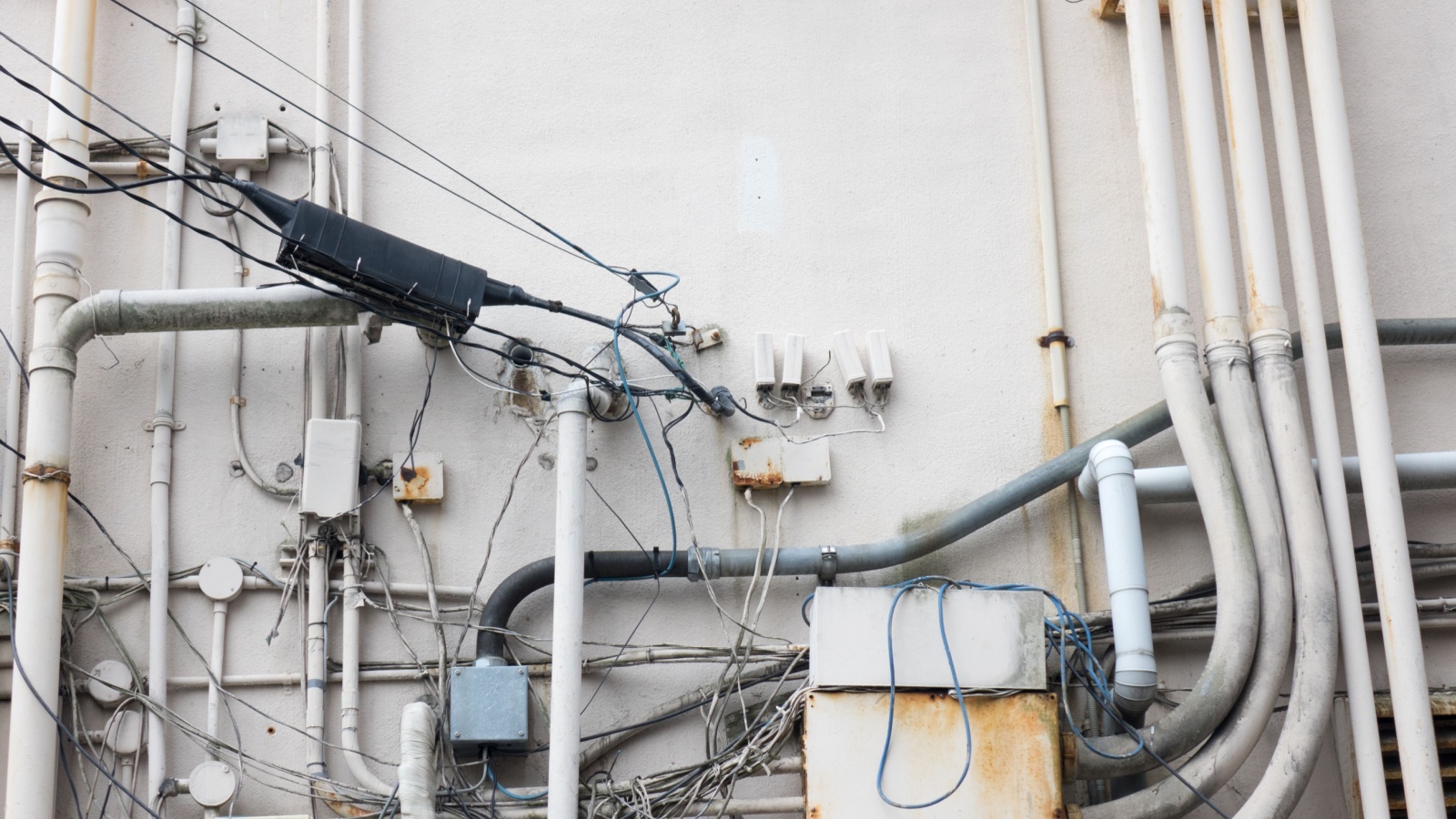
Homes with outdated aluminum wiring, knob-and-tube systems, or lead plumbing may be uninsurable unless upgrades are completed. Some insurers cancel policies when inspections reveal outdated infrastructure not disclosed at the outset. Others provide temporary coverage with strict upgrade deadlines. If ignored, cancellation follows. Old systems are statistically linked to higher fire and water damage claims, making insurers reluctant to assume the risk. Homeowners hoping to delay costly upgrades may find themselves uninsured altogether. Compliance with these standards is often non-negotiable, regardless of whether the system is still functioning.
Fire Prevention Violations

Failure to meet fire prevention requirements, such as missing smoke detectors, expired extinguishers, or non-compliant wood stoves, can void insurance. Some insurers demand documented compliance with municipal fire codes. During inspections, even minor lapses like non-functioning alarms may prompt warnings or cancellation. Fire-related claims are among the most expensive, so insurers enforce strict rules. Homeowners often forget to check expiration dates or replace batteries, assuming compliance is automatic. Unfortunately, insurers treat these oversights seriously. Continuous vigilance is required to remain covered. Compliance is less about meeting minimum law and more about meeting insurer expectations.
Criminal Activity on the Property

If illegal activity is discovered at a property, such as drug production, unlicensed firearm storage, or fraud, coverage may be cancelled. Insurers argue that criminal activity substantially increases liability and reputational risks. Even if the homeowner is unaware of tenants or guests engaging in these actions, responsibility ultimately rests with the policyholder. Once flagged, insurers often refuse future coverage as well. This rule underscores the importance of screening tenants and monitoring property use. Cancellation for criminal activity is swift, leaving homeowners without recourse.
Climate Risk Reassessments
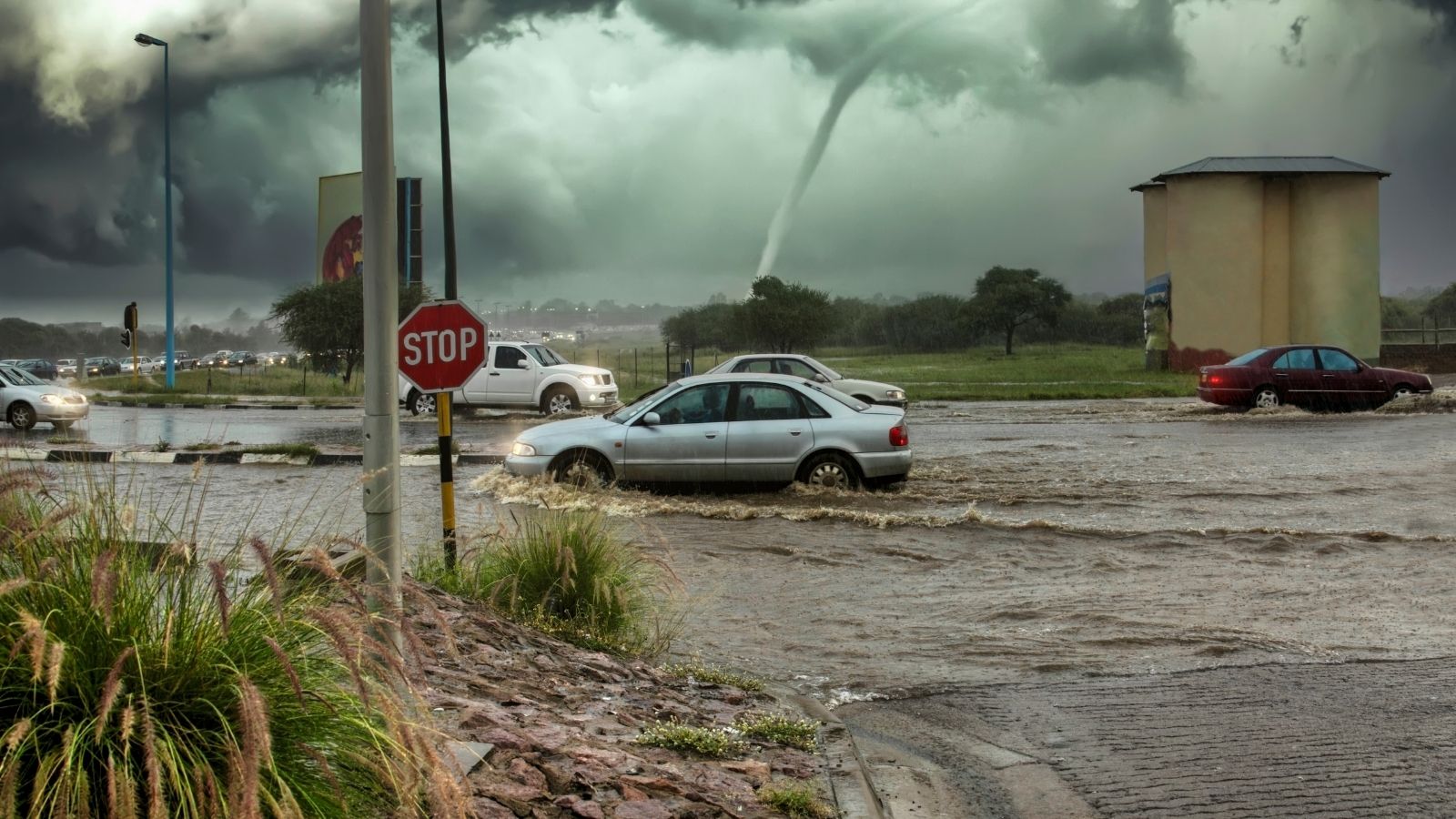
Insurers are increasingly cancelling or refusing to renew policies in areas deemed high risk due to floods, wildfires, or extreme storms. Quiet policy shifts allow companies to withdraw from regions where losses are escalating. Homeowners in floodplains, forested zones, or coastal areas are most affected. Even if you’ve never filed a claim, insurers may conclude the risk is unsustainable. This trend reflects broader climate change realities and growing costs. For homeowners, it means being left unprotected precisely when coverage is most needed. Relocation or expensive specialty insurance may be the only alternatives.
21 Products Canadians Should Stockpile Before Tariffs Hit

If trade tensions escalate between Canada and the U.S., everyday essentials can suddenly disappear or skyrocket in price. Products like pantry basics and tech must-haves that depend on are deeply tied to cross-border supply chains and are likely to face various kinds of disruptions
21 Products Canadians Should Stockpile Before Tariffs Hit
